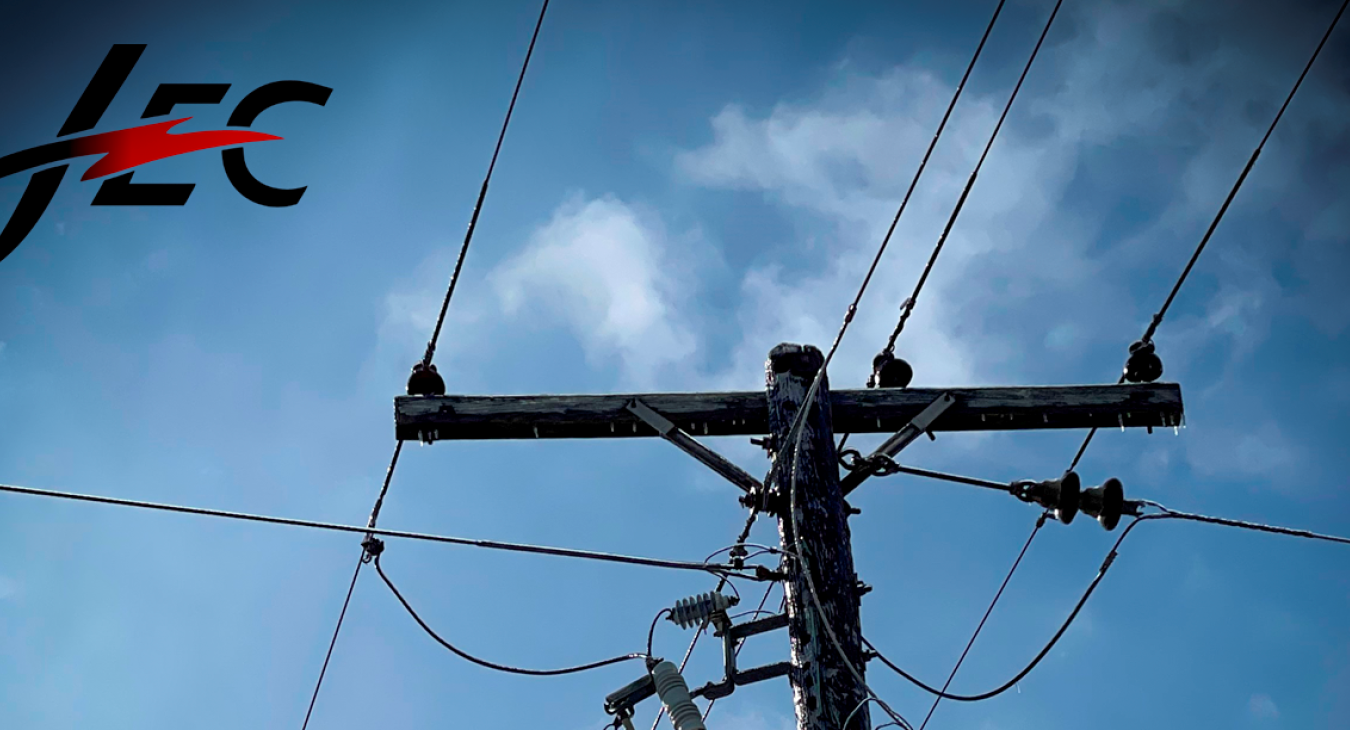Planning for Winter Outages
Winter can bring beautiful days for taking brisk walks or creating snow angels but also icy roads, subzero wind chills and power outages. Unfortunately, heavy snow and accumulating ice can easily bring tree limbs down on power lines, cutting off power to homes and businesses. Even melting ice can be a problem because it can cause power lines to sag from the added weight. Although you can rest assured we are working as quickly and safely as possible in the event of any outage, planning for outages brought on by severe winter conditions can make riding out a prolonged power outage safer and a little more comfortable.
How long it takes for your power to be restored depends on several factors: the extent of the storm’s destruction, the number of outages in your area and the time it takes to become safe for co-op personnel to get to the affected areas. Take steps to help keep your family safe and comfortable during a winter storm long before one is forecast. A good way to start is to put an emergency kit together. We suggest starting with these items:
- Water: Stock up on bottled water—at least one gallon per person per day.
- Food: Have at least enough food—including nonperishable packaged or canned foods, juices, special foods for infants or older adults, and snack foods—for three to seven days.
- Utensils: Be sure you have a manual can opener, paper plates and plastic utensils.
- Layers and added warmth: Gather blankets, pillows and warm clothing items.
- Medicine and other items: Prepare a first-aid kit, medicine, prescription drugs and any essential medical equipment.
- A charged cellphone: Most people are used to having their phones with them, but you should also have a portable, fully charged power bank on hand.
Also gather:
- Toiletries, hygiene items and moist towelettes.
- A flashlight and extra batteries.
- Battery-operated radio or a NOAA weather radio.
- List of emergency phone numbers, including your local utilities.
- Toys, books and games.
- Pet food and other pet care items.
- Supplies for alternate heating methods, such as a fireplace or wood-burning stove.
For more information about Power Outages click here.

